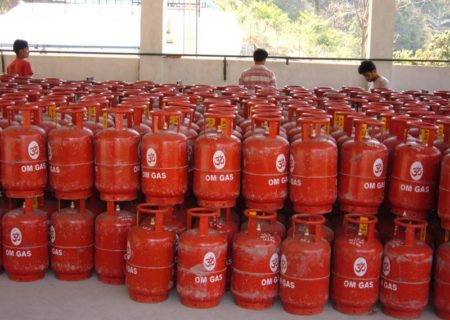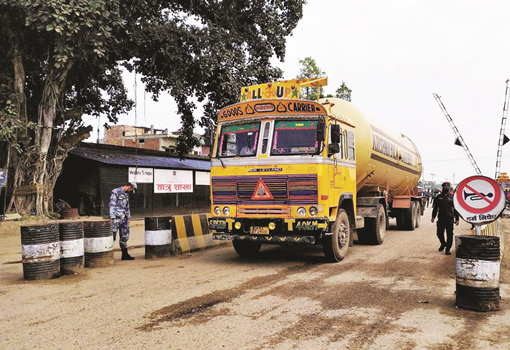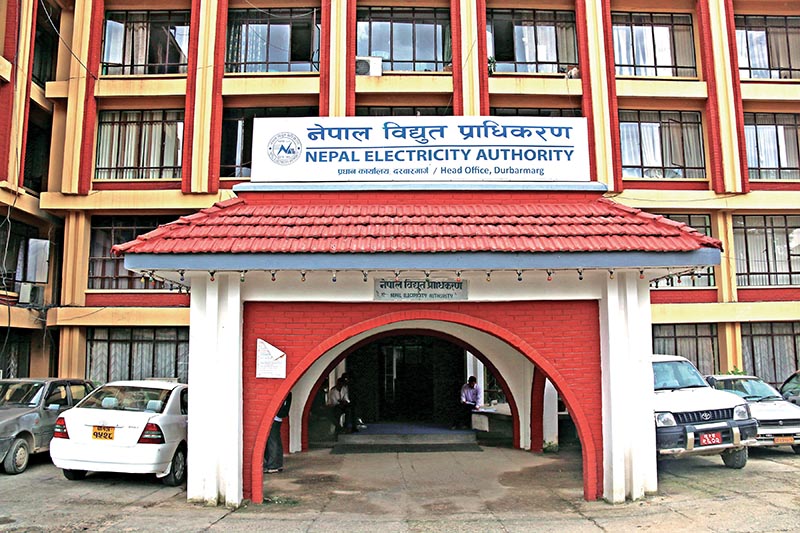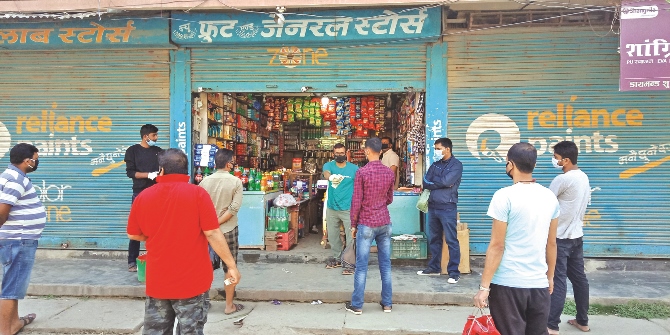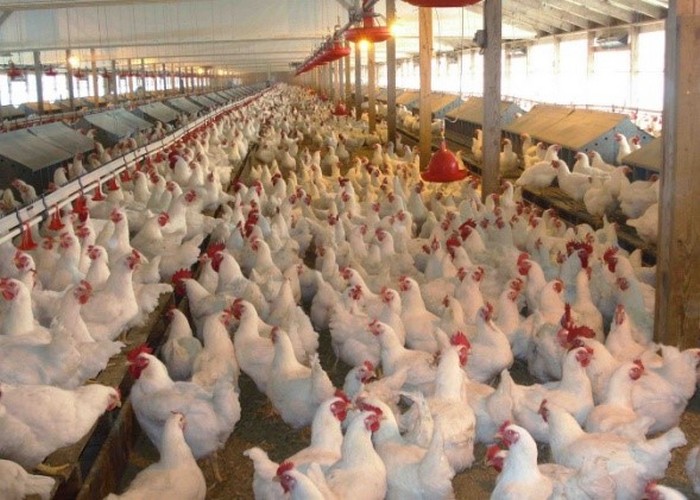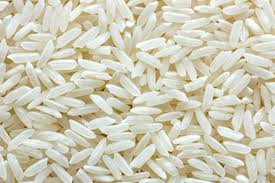Panauti Municipality unveils schemes on livestock, agriculture
By Laxman Kafle, Kathmandu, June 28: Panauti Municipality of Bagmati State has emphasised on agriculture and livestock sector in its annual budget unveiled for the fiscal year 2020/21.
The municipality has allocated about Rs. 58.01 million for conducting various agricultural and livestock promotional programmes for the coming fiscal year.
It has allocated around Rs. 38.01 million for livestock development and Rs. 17.68 million for the agriculture sector.
The municipality has recently unveiled a budget of Rs. 1.32 billion for the fiscal year 2020/21.
The municipality has given priority to agriculture and livestock development targeting to uplift the livelihood of farmers by encouraging them towards the sector, said Mani Prasad Sapkota, chief of Agriculture and Livestock Section, Panauti Municipality.
“Our target is to ensure equal access of all farmers to the grant and support provided by the municipality. So, we are carrying various need-based agriculture and livestock programmes such as buffalo farming, goat farming and vegetable farming, among others,” he said.
The municipality has introduced new programmes giving continuity to the running programmes such as buffalo conservation programmes, he said.
Buffalo conservation programme of the municipality was first of its kind implemented in any other municipality. According to the municipality, this programme has been running for two years with an aim of establishing the municipality as resource centre for buffalo conservation.
Now the federal government too has replicated buffalo conservation programmes allocating necessary budget.
“We consider buffaloes as black gold. In order to encourage farmers in this programme, the municipality is giving continuity to the buffalo pregnancy allowance, calf raising, and birth registration programme for calves,” Sapkota told The Rising Nepal.
Sapkota, who is also a veterinary worker of the municipality, said that they had planned to distribute 300 to 400 female calves to the farmers in the next fiscal year.
Likewise, goat farming promotional programme, animal health and insurance and cooperation, and demand-based youth targeted agricultural and livestock programmes are in the priority.
The municipality has proposed various self-employment programmes targeting the migrant returnees to create a platform for them to make them self-employed.
“We are willing to invest some budget targeting the migrant returnees to start any business related to agriculture and livestock based on their skills and desire by providing them training if necessary," he said.
The municipality would offer around 60 per cent of the total investment whereas the individuals have to invest 40 per cent to become self-employed.
Sapkota said that they would run awareness programmes to reduce the cost of production of agro products using modern technology.
The municipality would focus on quality grass production to discourage feed-based animal husbandry to minimise production cost.
“We will promote high-value crops, fruits and vegetables in the area based on geography and quality of soil,” he said.
He said that the municipality would carry out soil test to increase productivity as well.
“We will run an awareness campaign to minimise rampant use of pesticides and encourage farmers to use compost manure and pesticides,” he said.
He said that the municipality would implement the concept of ‘land bank’ for proper utilisation of land. “Nobody will be allowed to leave fertile land barren inside the municipality,” he said.
The municipality would address the problem of farmers listing their grievances by reaching their doorsteps directly.
“The municipality has proposed to classify farmers in three categories that include real farmers, subsistence farmers and commercial farmers,” he said.
Sapkota said the municipality had proposed to establish vegetable collection centres in appropriate locations to ensure the market and minimise the presence of middlemen.
The Bagmati State government has recently introduced a progrramme to provide grant on milk at Rs. 2 per litre for the farmers. "We are planning to partner with the cooperatives to collect milk from the farmers so that the subsidy reaches the farmers," he said.
Still, large number of farmers are selling milk to individual collection centres. Farmers have to sell the milk to the cooperatives to receive the subsidy, he informed.
Recent News

Do not make expressions casting dout on election: EC
14 Apr, 2022
CM Bhatta says may New Year 2079 BS inspire positive thinking
14 Apr, 2022
Three new cases, 44 recoveries in 24 hours
14 Apr, 2022
689 climbers of 84 teams so far acquire permits for climbing various peaks this spring season
14 Apr, 2022
How the rising cost of living crisis is impacting Nepal
14 Apr, 2022
US military confirms an interstellar meteor collided with Earth
14 Apr, 2022
Valneva Covid vaccine approved for use in UK
14 Apr, 2022
Chair Prachanda highlights need of unity among Maoist, Communist forces
14 Apr, 2022
Ranbir Kapoor and Alia Bhatt: Bollywood toasts star couple on wedding
14 Apr, 2022
President Bhandari confers decorations (Photo Feature)
14 Apr, 2022



